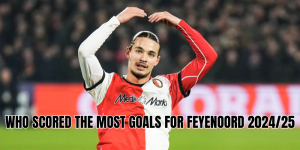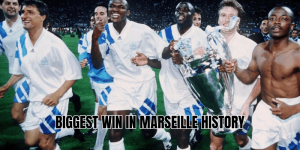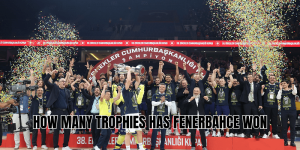When one thinks of Marseille most successful season, it’s tempting to point straight at 1992–93 — the year Olympique de Marseille became the first (and still only) French club to win the Champions League. Yet the story is more textured: success is not just silverware, but dominance, records, resilience, and narrative. In this article, QuraGoal will walk you through what makes a season “most successful” for OM, compare the contenders, and argue where the crown truly belongs.
Defining “Success” for a Season
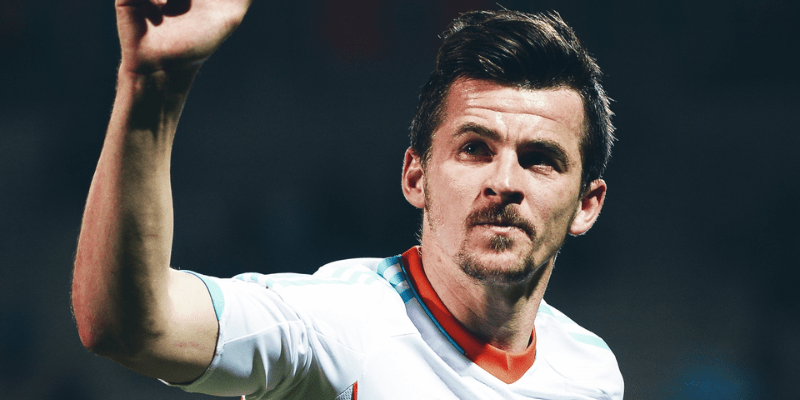
Before naming a favorite, we must clarify what “most successful season” means. Here are the key axes:
- Trophies won: national league, domestic cups, European titles.
- Historical significance: firsts, breakthroughs, legacy impacts.
- Statistical dominance: points total, goal difference, win rate.
- Context & adversity: obstacles overcome, scandals, injuries, expectations.
- Fan memory & mythos: which season lives longest in hearts and lore.
In Marseille’s case, two seasons vie for the top spot: 1992–93 (Champions League triumph) and 2009–10 (domestic dominance with records). Let’s explore both in depth.
The Legend: 1992–93 — European Glory and Dark Shadows
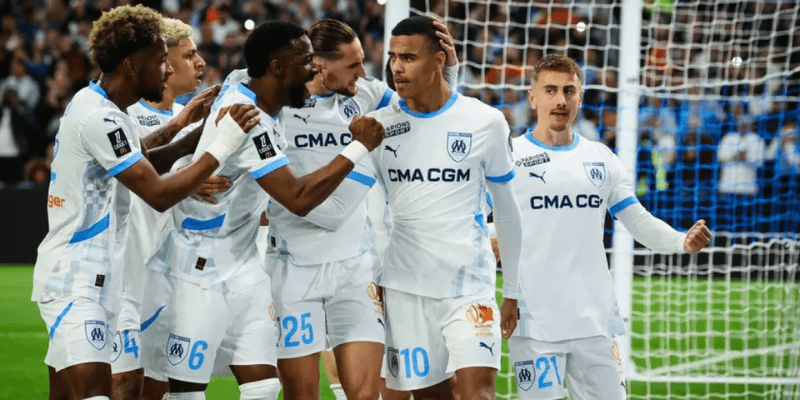
A Unique Triumph
In 1992–93, OM achieved a feat no French club has matched since: winning the European Cup / Champions League. In the final at Munich, Basile Boli struck the winning header against AC Milan, 1–0, sealing immortality.
That same season, Marseille also claimed the French Division 1 title, though that league title would later be revoked amid scandal.
On the domestic front, OM reached the quarter-final of the Coupe de France while simultaneously juggling a demanding European schedule.
The Scandal and Reversal
However, the season’s halo was dimmed by scandal. It emerged that Marseille had bribed Valenciennes players to ease their path ahead of the final league match — enabling OM to rest players for Europe. As a result:
- The French Federation stripped OM of the domestic championship.
- OM was relegated (though later reinstated) and banned.
- But crucially, UEFA allowed OM to retain the Champions League crown (the match‐fixing did not affect the UEFA matches).
Because of this duality — glory in Europe but disgrace at home — 1992–93 remains a bittersweet apex in Marseille history.
Legacy & Impact
- OM became the first French club ever to lift Europe’s top prize.
- The season remains central in Marseille mythos: fans recall it with pride and regret.
- It transformed OM’s international reputation.
For sheer historical weight, it’s hard to beat 1992–93. But can numbers and domestic consistency challenge it? Enter 2009–10.
The Contender: 2009–10 — Domestic Excellence and Records
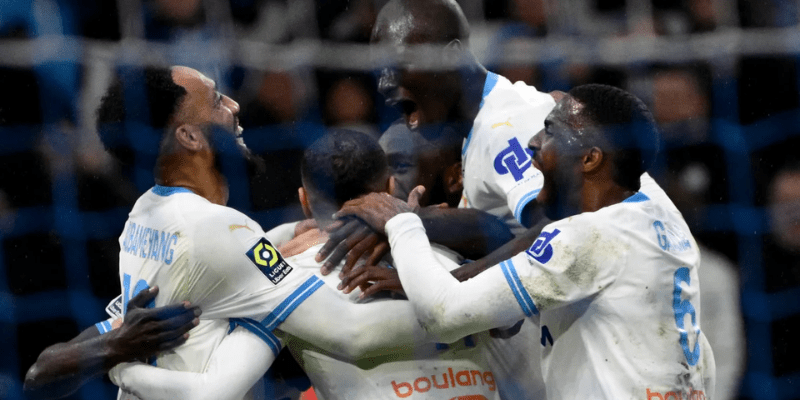
A Title Run for the Ages
Under Didier Deschamps, Marseille dominated Ligue 1 in 2009–10:
- OM amassed 78 points, their highest ever in a 38-game Ligue 1 season. That remains their top single-season point tally.
- The league title was secured with a few weeks to spare. kipedia])
- OM also won the Coupe de la Ligue, achieving a league–cup double.
This was OM’s 9th Ligue 1 crown, ending a 17-year drought since the early ‘90s dominance.
Broader Performance & Context
- In Ligue 1, OM’s record stood at 23 wins, 9 draws, 6 losses with a goal tally of 69 for, 36 against.
- In the Champions League, OM fell in group stage (finishing 3rd) and continued in the UEFA Europa League, reaching the Round of 16. kipedia])
- But domestically, OM were a model of consistency, rarely dropping off form.
- The narrative: after years of underachievement, OM returned to the summit with strength, style, and solidity.
Advantages vs. 1992–93
- 2009–10 is “clean” — no scandal tainting the success.
- It reflects sustained excellence over a full domestic season (and a cup).
- The points record and double give it statistical weight.
Yet it lacks the European peak and aura of global breakthrough that 1992–93 carries.
Side Contenders & Statistical Peaks
Other Seasons
- 2017–18: OM recorded 77 points (just one less than 2009–10) in Ligue 1.
- 2008–09: also 77 points.
- But those seasons lacked silverware beyond strong league showings.
In Goals, Dominance, or Margin
While OM has had seasons with high goals scored, no campaign comes close to the mythic stature of 1992–93 or the dominance of 2009–10.
Fan Perception
Ask an OM fan: “which was better?” Many evoke the emotion of Munich 1993. Others point to the reassurance and pride of 2010. The tension remains.
The Verdict: Which Was Truly the Most Successful?
If I had to pick one, I lean toward 1992–93 as Marseille’s most successful season — because football is as much about meaning as metrics. The Champions League win is a singular achievement, a high watermark that transformed OM’s global identity. Even with all its scandal, it remains the season that defines the club on the European stage.
But to be fair: 2009–10 offers the strongest counterargument. It’s the most polished, statistically dominant, and scandal-free high point of their domestic history.
So perhaps the truest answer is: Marseille’s most successful season is 1992–93 — with 2009–10 a rightful runner-up.
What We Learn from These Seasons
- Greatness can be messy: history rarely gives clean narratives.
- Domestic consistency and European glory are different currencies of success.
- Context matters: achieving in adversity often burns dee.
- Fans don’t just remember trophies — they remember stories, turning points, defining moments.
Today, when OM builds squads and chases titles, these seasons remain lodestars. The ambition is always to recapture a fragment of that intensity, that aura, that legacy.
Conclusion
Marseille most successful season is not simply about titles, but what a season imprints on club history and identity. With that lens, 1992–93 — despite its flaws — stands as the apex: the year Marseille conquered Europe and claimed immortality. Yet 2009–10 proves that excellence can also live in consistency, domestic dominance, and integrity.
QuraGoal invites you to reflect: which season you feel is the true greatness of OM? Dive into match reports, stats, and fan stories — and keep coming back to our site for more biographies, season analyses, and football lore.




